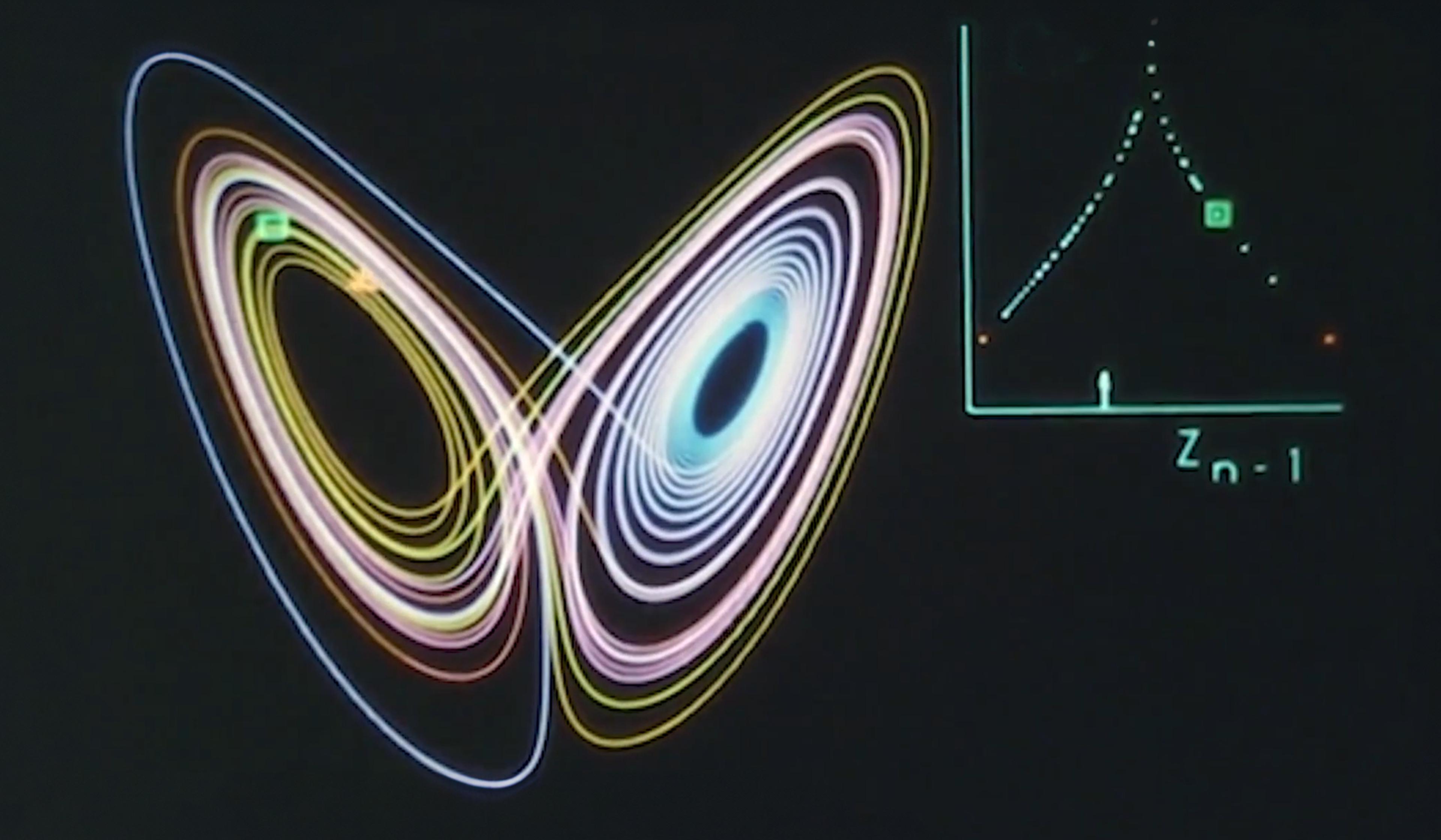How many monkeys is it worth sacrificing to save a human life?
Longstanding debates on the ethics of animal experimentation have become only more complicated with the rise modern medicine. Mounting evidence suggests that many more animals than previously known possess a sense of self, the ability to reason, and a capacity to suffer. Given what scientists have learned about the expansive inner worlds of nonhuman animals, to what extent can they justify experimenting on them for the potential good of humans – especially when the subjects are some of our closest relatives in the animal kingdom? A collaboration between TED-Ed and the Parr Center for Ethics at the University of North Carolina at Chapel Hill, this animation frames the debate around the ongoing US government-funded research for improved smallpox vaccines, which uses monkeys as test subjects. From this starting point, the video traverses the views of philosophers across the centuries on the moral status of nonhuman animals, set against their potential worth for human benefit.

video
Meaning and the good life
Why strive? Stephen Fry reads Nick Cave’s letter on the threat of computed creativity
5 minutes

video
Human rights and justice
‘I know that change is possible’ – a Deaf prison chaplain’s gospel of hope
18 minutes

video
Art
The overlooked polymath whose theatrical oeuvre made all of Rome a stage
30 minutes

video
Beauty and aesthetics
The grit of cacti and the drumbeat of time shape a sculptor’s life philosophy
11 minutes

video
Religion
Hear from blasphemes, sceptics and free-thinkers in this ‘tour of medieval unbelief’
52 minutes

video
Ecology and environmental sciences
The ancient Hawaiian myth that sparked a modern ecological breakthrough
10 minutes

video
Music
‘Dun dun dun duuun!’ Why Beethoven’s Fifth sticks in the head and stirs the heart
5 minutes

video
Art
The irreverent duo who thumbed their noses at the Soviet Union and the US art world
11 minutes

video
Thinkers and theories
Henri Bergson on why the existence of things precedes their possibility
3 minutes